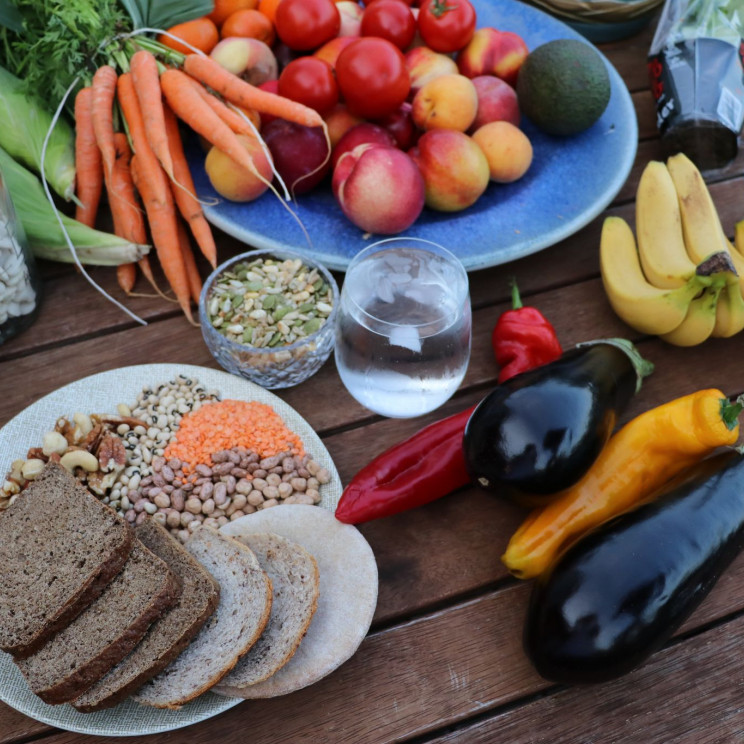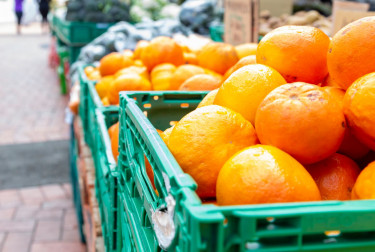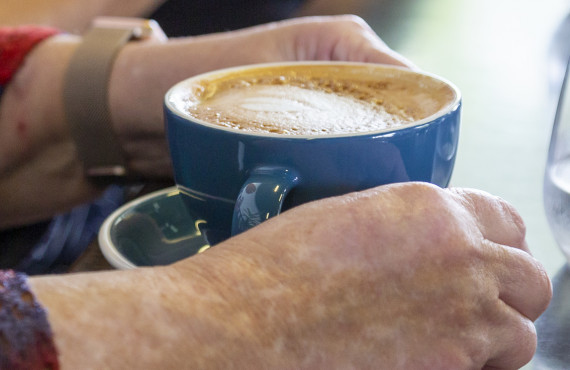Bowel problems after treatment, like incontinence, constipation, or flatulence, can be frustrating and embarrassing, but you can do things to improve them.
What is the bowel?
The bowel is part of the digestive system. It is divided into the small bowel and the large bowel.
The large bowel is made up of the colon, rectum and anus.
After you swallow food, it moves through a tube (the oesophagus) into the stomach for digestion. Then the food goes into the small bowel, where nutrients and minerals are absorbed into the body.
The digested food then moves into the colon, where water is absorbed. The leftover waste matter is held in the rectum until it is ready to be passed out of the body through the anus.
This waste matter is called a bowel motion, faeces or poo.
An adult colon measures approximately 1.2 to 1.5 (0.8-10) metres in length and has three main purposes:
- to store and get rid of waste
- to re-absorb the water from the food and fluid we take in
The colon contains a lot of useful bacteria that break down waste products from food. These bacteria (our microbiome) may also be important for our general health.
A bowel motion involves moving waste products from the colon to the rectum. Using a wave-like action, the bowel pushes the poo (faeces) towards the rectum. This usually happens once every 12 to 24 hours.
The colon absorbs salts and 1 to 2 litres of water each day. It plays an important role in changing poo from liquid to a soft, formed consistency.
Normal bowel function
Bowel function changes from person to person. Some people go several times per day, others go several days between bowel actions.
You should be able to:
- ‘hold on’ for a reasonable length of time after you first feel the need to go to the toilet
- poo as soon as you sit on the toilet
- completely empty the lower bowel when you're pooing
Bowel function changes after treatment
You may experience the following changes after bowel cancer treatment:
- change in consistency of bowel motions softer or watery bowel motions or constipation
- frequent bowel motions
- difficulty in emptying the bowel
- sudden episodes of diarrhoea
- loss of control – incontinence of bowel motion (faecal incontinence)
- bloating and farting (flatulence)
Your problems may be more severe if you're having a combination of treatment, such as surgery, radiation treatment and/or chemotherapy.
This can be frustrating and embarrassing, but there are things you can do to improve your bowel function.
Keep in mind that advice for people following cancer treatment may be different from the advice given to the general public.
Talk to your doctor if you are having any problems with your bowel.



Changes to your eating
You will need to eat differently as you recover from bowel surgery and treatment.
To give your bowel time to rest so it can heal after surgery, you will need to eat a low-fibre diet for four to six weeks.
This means eating less of:
- seeds, dried fruit and nuts
- most raw fruit and vegetables
- grainy bread and cereals
- tough, stringy food such as celery, coconut and gristle from meat
- fatty foods such as takeaways and fast foods
Try eating more of:
- white bread and cereals
- soft, well-cooked fruit and vegetables
- milk and milk products
- beans and pulses (legumes)
- fish
- very tender or minced red meat or chicken
- eggs
You should only follow this way of eating if instructed by your doctor or dietitian.
After four to six weeks, you can gradually increase your range of foods and progress to a healthy eating pattern with higher amounts of fibre.
Some foods may upset your bowels and make them too loose, move too quickly or you may fart more.
You may need to restrict food that upsets your bowels or remove them altogether and then try them again later.
Nuts and corn are often not well tolerated and may need to be avoided long term.
Fibre is found in plant foods such as bread, cereals, fruit, vegetables, nuts and legumes. Fibre helps to regulate bowel function.
Most fibre containing foods have a mixture of fibres, but some foods contain more of one type than another.
The two main types of fibre are: soluble and insoluble.
Soluble fibre
Soluble fibre acts like a sponge, absorbing fluid and making the bowel contents softer and moving more easily.
Good sources of soluble include oats, legumes (such as dried peas, beans, lentils) and some fruit and vegetables like broccoli, brussel sprouts, carrots, potato, kumara and apples, pears, citrus, stone and berry fruit.
Insoluble fibre
Insoluble fibre acts as a ‘bulking agent’, which, with soluble fibre, helps keep our bowel motions regular.
Wholemeal and wholegrain bread and cereals and fruit and vegetables are good sources.
It’s generally best to eat a mixture of both soluble and insoluble fibre. However, more soluble fibre might help with loose bowels and more insoluble fibre with constipation.
A daily fibre supplement may additionally be worth trying if what you are eating and your activity is not enough to support regular bowel function.
If you need more advice, talk with a health professional or dietitian for further advice.
Tips for constipation
Constipation is the stopping or slowing down of how often you poo. It can also be passing small, hard poos with difficulty.
Some causes of constipation are:
- not enough fluids
- not enough fibre
- some treatments or medications
- not enough exercise
To help with constipation:
- drink more fluids, 8-10 glasses per day, try prune juice or Kiwi Crush
- eat higher-fibre bread and cereals, including oats or bran varieties
- keep active with 30 minutes of exercise a day
You may need a fibre supplement. If you do not poo for three days, talk to a doctor.
Tips for bloating, gas or wind
Most wind is caused by the production of gas from the bacteria that live in the large bowel and break down undigested food.
Swallowing air can cause wind, such as drinking through a straw or from fizzy drinks. It is normal to produce some wind each day.
The amount varies from person to person and can be related to your eating patterns and the type of bacteria in your bowel. Wind can be a problem if you pass it more than the usual 7 to 12 times a day or cannot control it.
To help with wind:
- flatten fizzy drink before drinking (add a pinch of salt to each glass)
- eat in a relaxed environment and chew food well
- avoid talking too much while eating
- avoid foods you know causes wind
Tips for loose bowel motions (diarrhoea)
Diarrhoea may be caused by:
- too much raw fruit or vegetables, like sweet corn
- liquorice
- highly flavoured spiced or seasoned foods
- fatty foods such as pies, pastries and sausages
- drinks like caffeinated beverages, alcohol, fruit juice, prune juice and some herbal teas such as green tea
- sweeteners like sorbitol, mannitol and xylitol Other:
- bacterial infections
- nerves and anxiety
To help with diarrhoea:
- eat more white bread, dry biscuits, mashed potato, noodles, pasta, white rice, tapioca, mashed ripe banana, sieved stewed apple, smooth peanut butter, cheese

Eating well is important for keeping well, especially when you have cancer.

Keeping active before, during and after cancer treatment is important for your health and wellbeing.

We are here to help and support you and your whānau through cancer diagnosis, treatment and recovery…

Cancer and its treatment can cause problems with your mouth, taste and eating.
We know that going through cancer is tough and can raise many questions. You are not alone.
We have health professionals to answer your questions and provide the support you need.
Get in touch
